Here you’ll learn how to make homemade Aloe vera juice and what you need to know: its benefits, risks and warnings.
Let’s start with the recipe!
Where do we start?
Tools
- A blender.
- A knife.
- Strainer (optional).
- A cup.
- A spoon.
Ingredients
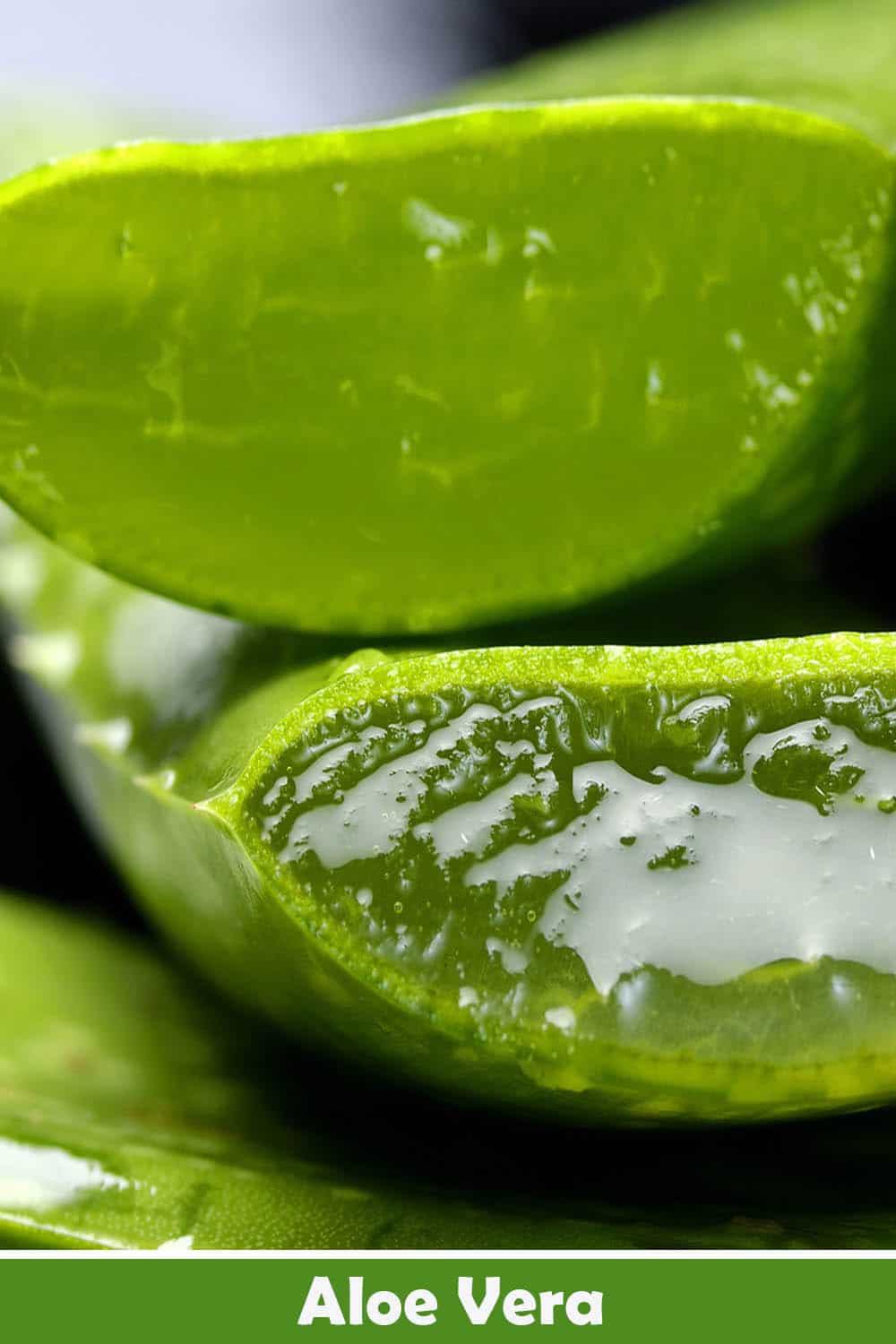
These’re the ingredients and quantities:
- 1 tablespoon of edible Aloe vera gel. The Barbadensis Miller variety is usually the safest to consume (it has thick, fleshy leaves).
- 1 cup (250 ml) of water.
Homemade Aloe vera juice – Recipe
The recipe consists of 2 steps.
- If you’ve bought edible Aloe vera gel, skip this step. Alternatively, if you’ve an Aloe vera plant, make sure its gel is safe to eat, take one of its ripe leaves, rinse it, cut off its ends, its sharp edges and its skin on the flatter side. Then, extract its gel with a spoon and wash it with your hands or with the help of a strainer to remove all the latex (plant sap). Please note: It’s very important to obtain pure gel, without yellow parts or latex. The consumption of this substance may cause severe damage to the organism.
- Then, blend a tablespoon of the pure gel together with a cup of water for a few seconds until obtaining a homogeneous mixture.
That’s all! Now you know how to make this wonderful drink.
What’s Aloe vera juice good for? – Main properties and benefits
According to experts and various studies, moderate consumption of this juice may:
- Increase insulin sensitivity and lower high blood sugar levels.
- Fight free radicals that cause cell damage and prevent diseases. This is due to its powerful antioxidants.
- Act as anti-inflammatory and antimicrobial.
- Improve circulation and digestion.
Does Aloe vera juice work to treat gastritis?
First, about 90% of cases of gastritis (inflammation of the stomach lining) are caused by a bacterium (H. pylori). And, as we said before, the gel in this plant has antimicrobial properties. That is, it may fight some bacteria.
In a 2014 study, this gel was effective against H. pylori.
On the other hand, remember that this juice may help reduce inflammation.
Considering the above, Aloe vera juice could be useful against gastritis.
Anyway, to really treat the problem people usually use medications (antibiotics, antacids or others) with prior medical indication.
You can see more information and juice recipes for gastritis here.
Warnings and risks / drawbacks
According to experts (sources: 1 and 2), the consumption of Aloe vera or its juice may cause:
- Low blood sugar levels (hypoglycemia).
- Several digestive problems such as: diarrhea, pain and cramps, among others. Especially if it’s consumed while suffering from intestinal disorders, in high doses or for a long time.
- Negative drug interactions. Remember to consult your doctor before ingesting it if you’re taking any medication.
- Allergic reactions.
On the other hand, due to the lack of evidence on its safety, pregnant, lactating and children are advised to avoid its consumption.
Also, it’s worth mentioning something about the latex of this plant:
This yellow sap is found just under the bark (or skin) of its leaves and shouldn’t be eaten. Said substance has a powerful laxative effect, but its consumption may be dangerous and lethal in high doses. With this in mind, if you suffer from constipation, we recommend that you evaluate other healthier options. To learn more, visit our section on juices for constipation.


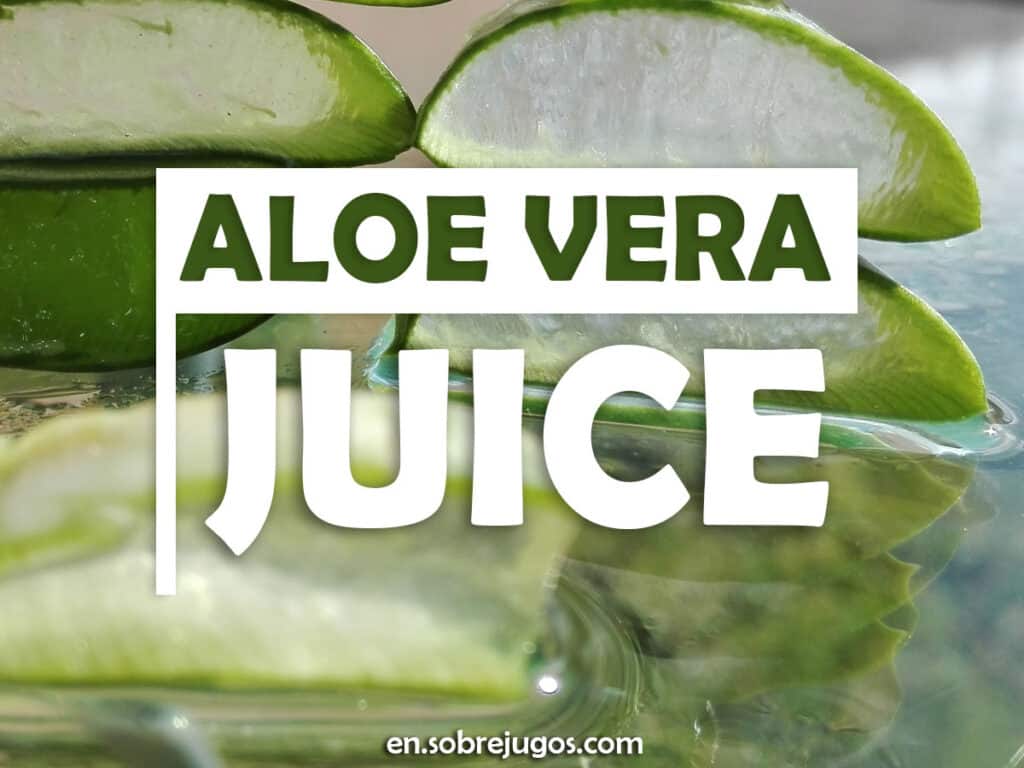

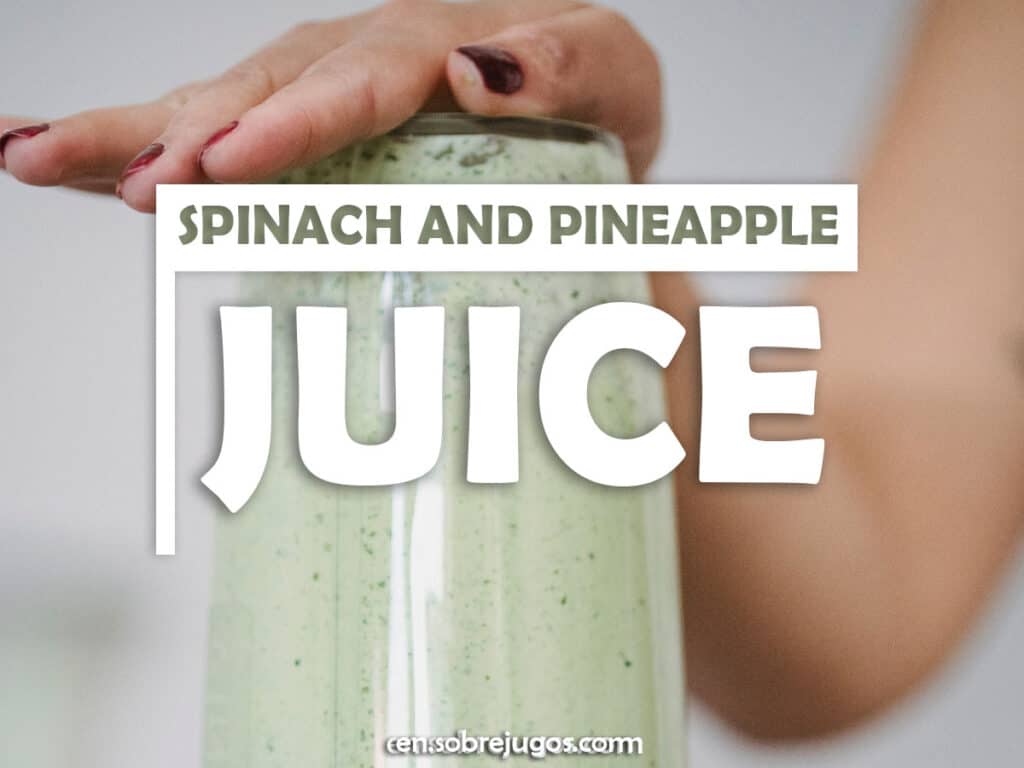
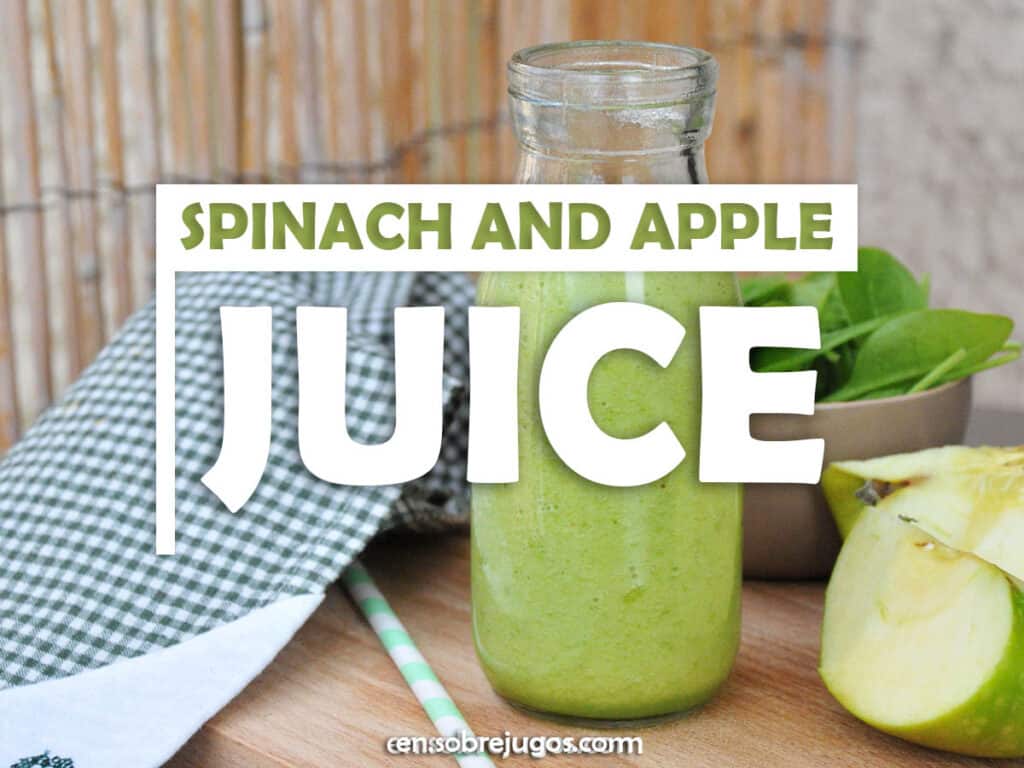
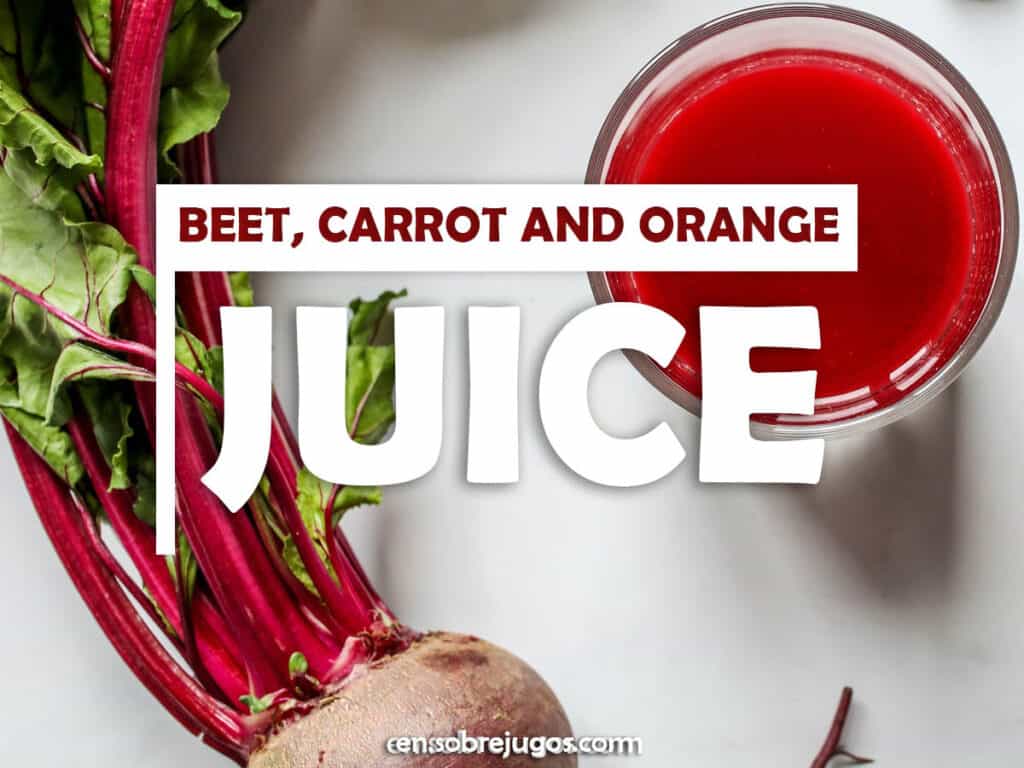
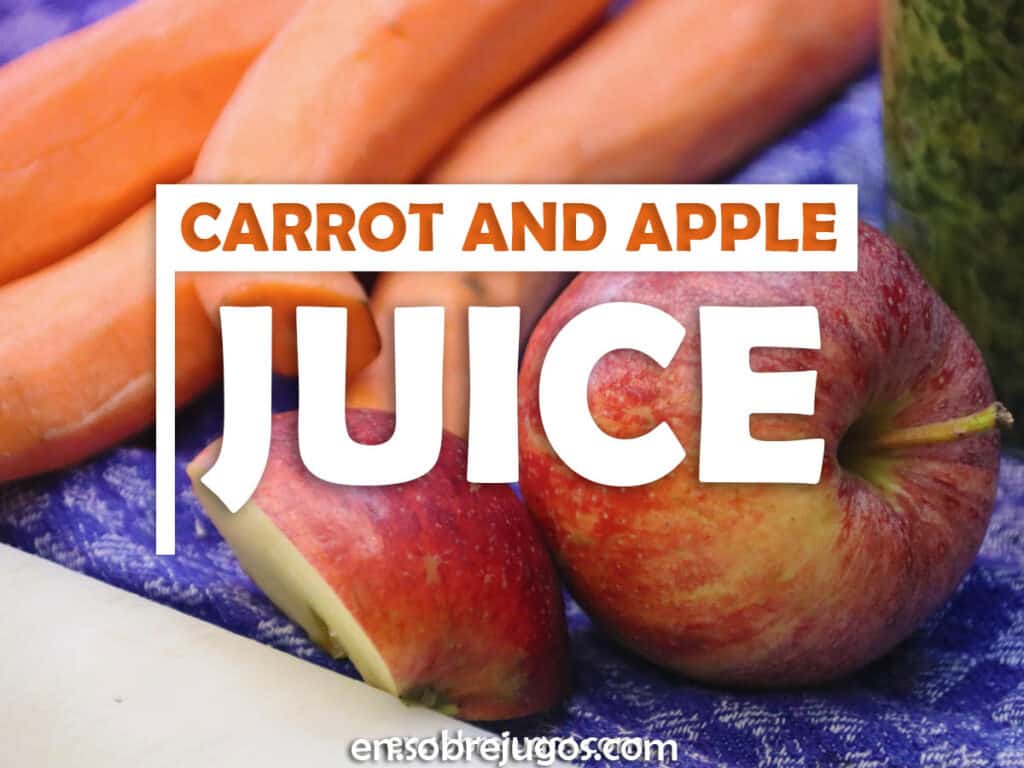

Want to know when we upload new content?
Enter your email address here to get notified.